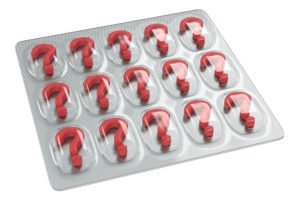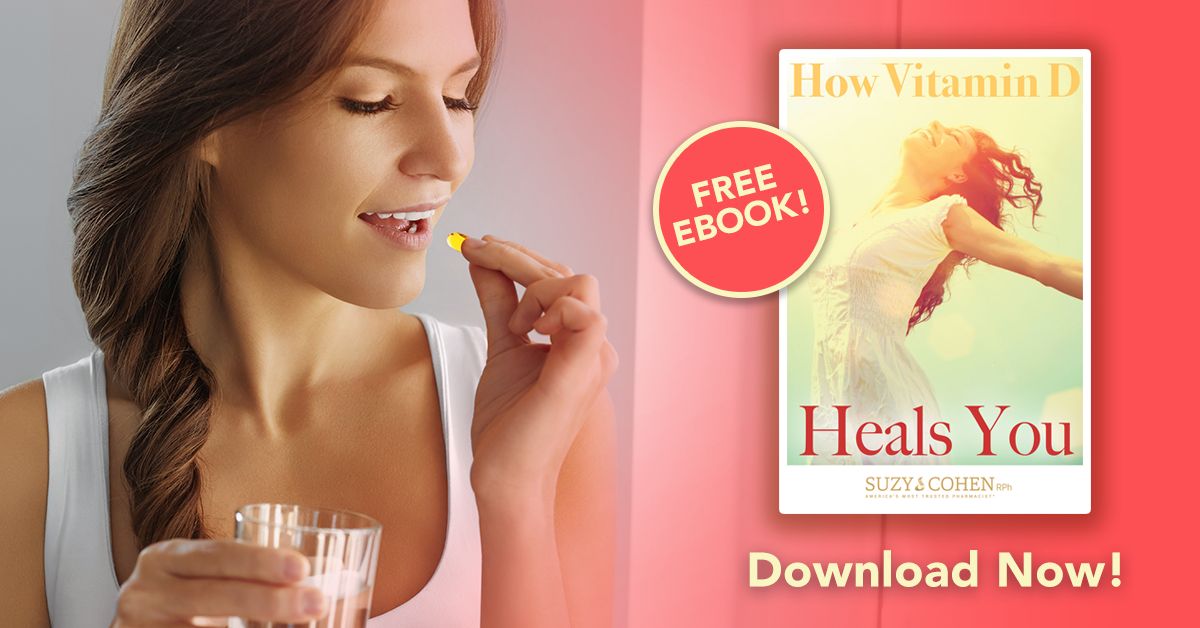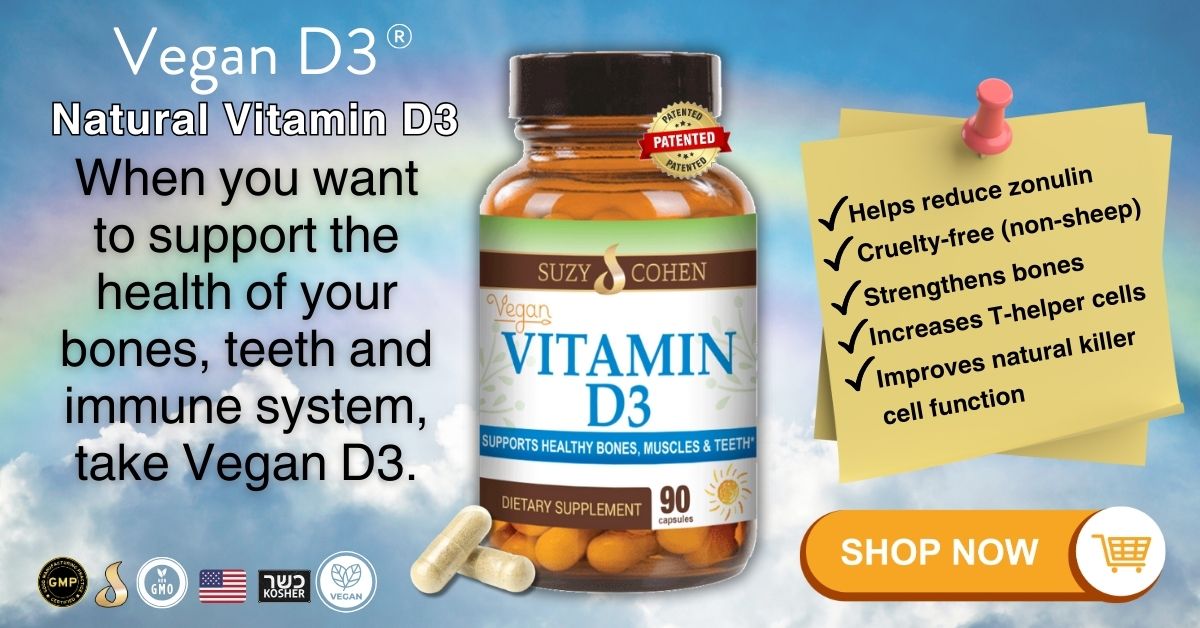What's On This Page?
ToggleIf you’re reading this then congratulations on becoming a new mom! The postpartum period can be overwhelming and challenging if it’s your first child, but it can also be a special time for bonding with your new baby. Make sure you are getting enough rest, eating well, and taking care of your physical and emotional needs. With the drop in progesterone, the ‘blues’ can occur and this can take a toll in the first few weeks. It doesn’t happen to everyone, but it is possible. If it occurs, it can be difficult with a new baby, but it is important to prioritize your own well-being.
Here are 8 tips to help you navigate this time and juggle all the needs of your new baby, and yourself:
- Bond with your baby. This is a special time for you to get to know your new little one. Spend time cuddling, talking to, and looking at your baby. This will also help to build a strong attachment between the two of you.
- Ask for help. Don’t be afraid to ask for help from family and friends. They can help with things like cooking, cleaning, and taking care of the baby. You may also want to consider hiring a postpartum assistant to help with breastfeeding and baby care… this is called a “postpartum doula” and it is basically just someone with experience who provides families with good support with everything after a baby is born, for example, feedings, physical help, emotional support and more. Often a grandma will readily function in this capacity if you are lucky enough to have one at the time of your baby’s birth.
- Join a support group. You are not alone in this journey, and connecting with other new moms can be a great way to find support, advice, and friendship. You can find support groups online or in your local community.
- Take it one day at a time. The postpartum period can be overwhelming, so try to take it one day at a time. You may not get everything done that you want to, and that’s okay. You are doing the best you can, and that’s all that matters.

- Be patient with yourself and your baby. Your baby is new to the world, just like you are new to being a parent. Be patient and understanding with yourself and your baby. You will both make mistakes, but you will also make progress.
- Consider therapy or counseling. It is normal to have a range of emotions during the postpartum period, but if you find yourself struggling with feelings of depression, anxiety, or other mental health concerns, seeking therapy or counseling can be helpful.
- Take time for self-care. Make time to do things that you enjoy and make you feel good. This can be anything from reading a book, walking, or having a bath.
- Keep a journal. Writing down your thoughts and feelings can be a great way to process your emotions and reflect on your experiences. You can also look back on it later and see how far you’ve come.
Studies Regarding Postpartum Recovery and Depression
There are many studies that have been conducted on postpartum. These studies cover a wide range of topics, including postpartum depression, postpartum recovery, postpartum care, and postpartum maternal and infant health. Some studies focus on the physical and emotional changes that women experience after giving birth, while others look at the best practices for postpartum care and support. Additionally, there are also studies that focus on the father’s role in the postpartum period and how they can also experience postpartum depression.
One thing I’d like to say is that sometimes hypothyroidism causes depression, actually, it does so quite frequently. And it could be confused with postpartum depression, or even other conditions affecting mood. You might want to read my other article, Hypothyroidism Often Mistaken for OCD, Depression or Anxiety.
Postpartum depression (PPD) is a type of depression that can occur in women after giving birth. It is a serious condition that can affect a woman’s ability to care for herself and her newborn. PPD can occur anytime within the first year after childbirth, but it most commonly develops within the first three to six weeks postpartum.
Symptoms of PPD can include feelings of sadness, hopelessness, and worthlessness.
Other signs and symptoms include:
- Loss of interest in activities
- Feelings of inadequacy
- Tearfulness or an unstable mood
- Trouble sleeping
- Low appetite or changes to eating habits
- Difficulty concentrating
- Psychosis in severe cases
- Thoughts of self-harm or suicide
The exact cause of PPD is not known, but it is believed to be related to a combination of physical, emotional, and social factors. The hormonal changes that occur during pregnancy and childbirth can play a role, as well as the stress of adjusting to life with a new baby, lack of social support, and a history of depression or other mental health conditions.
Treatment for PPD typically includes a combination of therapy and medication. Antidepressant medication can help to regulate the brain chemicals responsible for mood and can be effective in treating PPD. Therapy can help to identify and address the underlying causes of PPD and provide coping strategies for dealing with the symptoms. Support groups can also be helpful, as they provide an opportunity for mothers to connect with others who are going through similar experiences.
It’s important to know that PPD is treatable, and the earlier it is identified and addressed, the better the outcome will be. If you or someone you know is experiencing symptoms of PPD, it’s important to seek help from a healthcare provider.

The Relationship Between Progesterone and Postpartum Depression
Progesterone levels are very high during pregnancy, and this hormone crashes right after childbirth. Progesterone is a natural hormone that both men and women make and it has antidepressant activity. After delivery of a child, progesterone levels drop and this contributes to a lower mood, and to the development of postpartum depression (PPD) in some women.
We know progesterone plays a critical role in regulating one’s mood and a deficiency can lead to anxiety. As you might imagine a sudden decrease in this hormone causes changes in the brain that trigger depression. Additionally, progesterone also plays a role in regulating the sleep-wake cycle, so after giving birth, you may experience disrupted sleep patterns (well… you might anyway if you’re breastfeeding!) but the hormonal changes will contribute to exacerbations in fatigue and irritability.
It is important to note that PPD is a complex condition that is thought to be caused by a combination of physical, emotional, and social factors, it’s not just a drop in progesterone. Other factors that may contribute to the development of PPD include stress, lack of social support, and a history of mental health conditions.
It’s also worth mentioning that not all women experience PPD after giving birth, even if their progesterone levels drop. Studies have shown that other factors such as the woman’s previous history of depression, prenatal stress, life events, and social support are also associated with the risk of developing PPD.
If you suspect you may have PPD, please speak with your healthcare provider. They can help you understand your symptoms and develop an appropriate treatment plan.

Medication Therapy for Postpartum Depression
There are several types of medications that can be used to treat postpartum depression (PPD). These include:
- Antidepressants: Selective serotonin reuptake inhibitors (SSRIs) are the most commonly prescribed antidepressants for PPD. Examples of SSRIs that are used to treat PPD include fluoxetine (Prozac), sertraline (Zoloft), and paroxetine (Paxil)
- Serotonin-norepinephrine reuptake inhibitors (SNRIs) are another class of antidepressants that can be effective in treating PPD. Examples include venlafaxine (Effexor) and desvenlafaxine (Pristiq)
- Atypical antidepressants such as bupropion (Wellbutrin)
- Mood stabilizers such as lamotrigine (Lamictal) can also be used to treat PPD
It is important to note that the decision of which medication to use is based on the individual case and the healthcare provider will consider factors such as the patient’s medical history, the severity of the symptoms, and any other medications the patient is currently taking.
It’s also important to note that, although medication is effective for treating PPD, it’s not the only form of treatment. Combining medication with therapy, support, and other self-care practices can be very beneficial for recovering from PPD. In addition, breastfeeding women should talk to their healthcare provider about the safety of these medications while breastfeeding.
Vitamins for Postpartum Depression
There is some evidence that certain vitamins may help to reduce the symptoms of postpartum depression (PPD). Vitamins and nutrients should not be the sole treatment for PPD if it is very serious.
One study found that women who took a combination of fish oil and vitamin D had a significantly reduced risk of developing PPD. Fish oil is a source of omega-3 fatty acids, which have been shown to have anti-inflammatory effects and may help to improve mood.* Vitamin D is important for the health of the immune and central nervous system, and low levels of vitamin D have been linked to an increased risk of depression.*
Another study found that women who took a daily multivitamin had a lower risk of developing PPD* compared to those who did not take a multivitamin.
Support groups are useful, and therapists as well. If you suspect you may have PPD, please speak with your healthcare provider.
You may be interested in this other aritcle I wrote, Nutrients You Need Before Pregnancy.
Summary
Being a new mom is a wonderful and rewarding experience but can also be challenging especially in the first few weeks when you’re missing so much sleep! Take care of yourself, ask for help when you need it, and remember to be patient and kind to yourself. With time, you will find your footing and will be able to navigate the postpartum period with ease. Remember to give yourself a break. You are going through a lot right now and it is okay to take a break when you need it.

Suzy Cohen, has been a licensed pharmacist for over 30 years and believes the best approach to chronic illness is a combination of natural medicine and conventional. She founded her own dietary supplement company specializing in custom-formulas, some of which have patents. With a special focus on functional medicine, thyroid health and drug nutrient depletion, Suzy is the author of several related books including Thyroid Healthy, Drug Muggers, Diabetes Without Drugs, and a nationally syndicated column.



